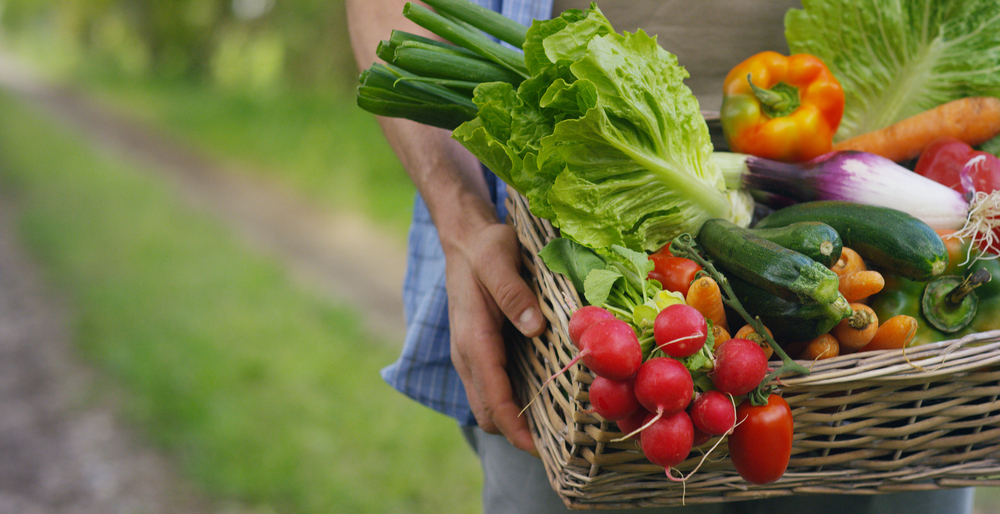Every year on 16th October, the world comes together to celebrate World Food Day, a day dedicated to raising awareness and taking action against global hunger. The theme for World Food Day 2024 is “Right to Foods for a Better Life and a Better Future”—a powerful reminder that access to nutritious food is not just a necessity, but a fundamental right for every person on the planet.
A Global Challenge: Zero Hunger by 2030
The world faces a massive challenge: achieving Zero Hunger by 2030. This ambitious goal, set by the United Nations as part of the Sustainable Development Goals (SDGs), aims to ensure that everyone has access to safe, nutritious, and sufficient food year-round. However, reaching this milestone requires more than just governmental efforts—it demands collective action from individuals, communities, businesses, and global organizations.
Despite significant progress over the years, millions of people still suffer from hunger and malnutrition. According to the World Food Programme, approximately 828 million people around the world go to bed hungry each night, and many more are affected by food insecurity and poor nutrition.
The 2024 Theme: Food as a Right
This year’s theme, “Right to Foods for a Better Life and a Better Future”, emphasizes the idea that access to food is not merely a privilege but a human right. Proper nutrition forms the foundation of health, education, and economic stability, making it essential for building better lives and more resilient communities.
Why Everyone Has a Role to Play
While governments play a key role in setting policies and providing resources, the global hunger crisis cannot be solved by governments alone. World Food Day 2024 calls on everyone to step up and contribute in ways that make a difference:
- Individuals can make conscious food choices, reduce food waste, and support local farmers by purchasing locally grown produce.
- Communities can come together to address food security issues by establishing food banks, community gardens, and nutrition education programs.
- Businesses and Corporations can adopt sustainable food production practices, minimize food waste, and support initiatives that provide better access to healthy food for all.
- Non-governmental Organizations (NGOs) can continue their vital work in providing food aid and advocating for policies that promote equitable access to food.
Sustainable Solutions for Lasting Change
Tackling hunger and malnutrition requires sustainable solutions that address the root causes of food insecurity. Here are a few key areas where action is crucial:
- Promoting Sustainable Agriculture: Supporting farmers with the tools and knowledge to practice sustainable agriculture ensures that food production systems are more resilient to climate change and other challenges.
- Reducing Food Waste: A staggering amount of food is wasted globally every year. By reducing food waste at all stages of the supply chain, we can increase the amount of available food to those who need it most.
- Strengthening Food Systems: Investing in infrastructure and education around food systems can help communities become more self-sufficient, reducing reliance on external aid.
- Addressing Inequality: Poverty, inequality, and conflict are significant drivers of hunger. Addressing these issues is essential to creating a fairer and more inclusive world where everyone has access to food.
How You Can Make a Difference
To mark World Food Day 2024, consider the following ways you can contribute to the fight against hunger:
- Donate to Food Banks or Hunger Relief Programs: Support local food banks or international organizations like the World Food Programme.
- Raise Awareness: Share information about food security issues on social media, or host community discussions to raise awareness about the importance of food access as a right.
- Volunteer: Give your time to a local community garden, food bank, or other initiatives focused on food access and sustainability.
- Adopt Sustainable Eating Habits: Choose locally sourced, seasonal, and sustainably produced food to support responsible farming practices and reduce your environmental footprint.
Looking Toward a Future Without Hunger
World Food Day serves as a reminder that, while hunger remains a complex and urgent global issue, it is one that can be solved with the right strategies and collective effort. By recognizing food as a fundamental human right and taking action—no matter how small—we move closer to a world where everyone has access to the nutrition they need for a healthier, more prosperous future.
https://www.fao.org/world-food-day/en/












Comments